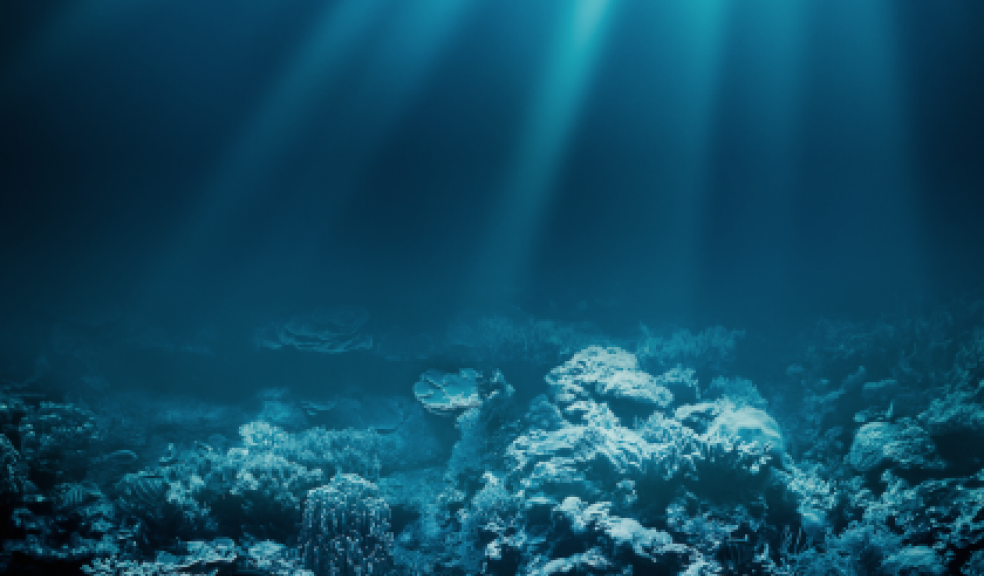
Good news for marine life
Retailers who stock and sell personal care products that contain tiny particles of plastic may have finally realised that washes, scrubs, gels and pastes made from natural products are just as effective and won’t damage our seas, says the UK’s leading marine charity.
The Marine Conservation Society (MCS) says many leading high street retailers have promised to stop selling products that contain microplastics. These tiny bits of plastic, which are too small to be trapped in sewage works, are ending up in the sea where they can be ingested by zooplankton and other animals, which in turn are eaten by creatures further up the food chain - and ultimately, us.
Dr Laura Foster, Pollution Programme Manager at MCS, says the fact that over the last twelve months most retailers have been happy to have the conversation about the problems with microplastics is very encouraging: “A year ago, on World Oceans Day, we formed the Marine Litter Action Network which brought together other NGOs, industry and retailers to look at the issues of litter in our seas and oceans and come up with workable solutions. One of the critical discussions was about microplastics.”
Dr Foster says the ‘Scrub it Out!’ campaign, a joint initiative with Fauna & Flora International (FFI), was a direct result of the Network: “Thousands of members of the public have pledged to ditch products which contain microplastics, whilst we decided to focus on UK retailers to give a date when all their own-brand products would be plastic free.”
Tanya Cox, Projects Manager for Marine Plastics at FFI says they’ve been working with cosmetics manufacturers on microplastic pollution for several years and launched the Good Scrub Guide to harness consumer power and dissuade companies from using these ingredients. “Through this, we and our partners, including MCS, have been able to secure a number of high-profile commitments from multi-national corporations to phase out plastic microbeads.”
Among the retailers who have pledged to get rid of plastics from their own brand personal care products are Waitrose, Boots, Asda, Marks & Spencer, Superdrug, Tesco, Sainsbury’s, Cooperative, Lush, Morrisons, and L’Occitane.
Discussions are still underway with Aldi and Lidl but MCS hopes they too will set a date for plastic free own-brand products.
Plastic free skin care is a reality. Some brands have never used microplastics, including Ali Mac Skincare, ALL NATURAL SOAP Co., ARK Skincare, all brands of Botanical Brands, Bulldog Skincare For Men, Elements Natural Skincare For Men, Green People, Neal’s Yard Remedies, Palmer’s, PHB Ethical Beauty, Sodashi, Sukin and Trilogy.
MCS says the Scrub it Out! Campaign will now move on to luxury personal care products: “It’s possible that consumers assume the more expensive the product the better is for you, and the more natural the ingredients it contains. But we don’t believe this is always the case. A supporter of MCS contacted Olay regarding the polyethylene listed in a face wash she uses and was told that as polyethylene is commonly used they won’t be phasing it out until alternatives are identified and qualified. We’ll be contacting the company to explain why a delay is detrimental to the ocean.”
On World Oceans Day 2015, MCS and Fauna & Flora International are now asking the public to look for the following ingredients in high end products and upload mobile phone images of labels to its website so it can highlight to companies that luxury on your face could be a liability for the oceans.
- Polyethylene / Polythene (PE)
- Polypropylene (PP)
- Polyethylene terephthalate (PET)
- Polymethyl methacrylate (PMMA)
- Nylon
-Polytetrafluoroethylene (PTFE)











